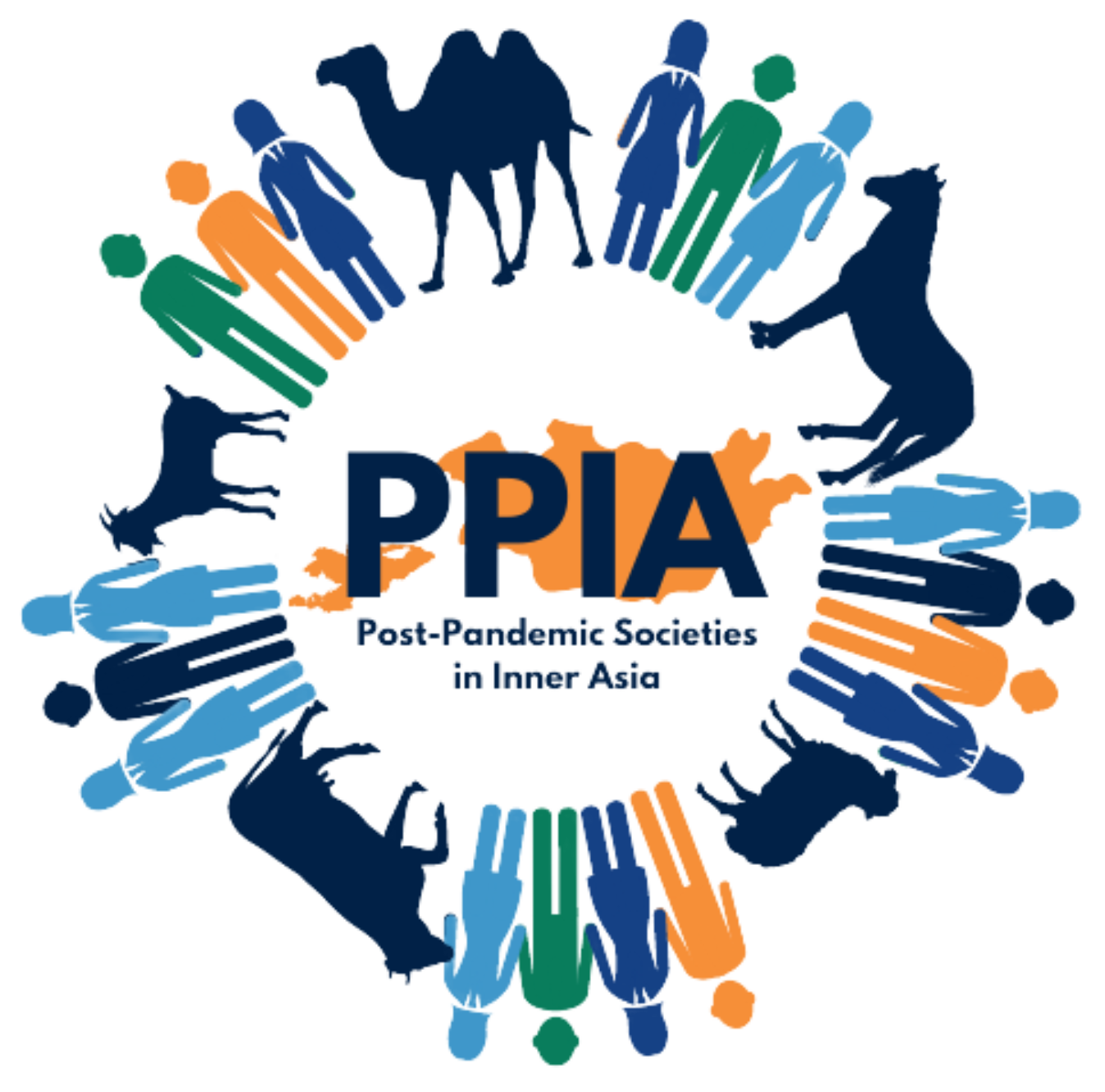Sitting in a recently renovated Soviet style apartment AirBnB in Almaty, on the way to Kyrgyzstan to organise our second project Summer School for early career scholars, we reflected on our full summer in Mongolia over coffee. The day before we had walked about 20 kilometres around Almaty’s streets to see its attractions, including the Green Market with varieties of horse meat, fresh and dried fruits, spices and dairy products, as well as local style clothes. Munkh-Erdene was delighted to find an old red army felt hat in a market stall, which he put on immediately to shield from the intense sun. On the street, we tried a cold, slightly fermented salty milk drink with soft corn added for flavouring as we munched on 2 kilos of fresh apricots. We had arrived the day before by flight from Ulaanbaatar, representing the end of 2.5 months of fieldwork, activities, and events in Mongolia.
Our summer involved many collaborations, from ordinary herders to international scholars, and topics ranging from camel curd in Mongolia to Uranium mines in Niger. After helping to organise the Nomadic Ethics and Intercultural Dialogue Conference (22 to 23 June) in Ulaanbaatar, we set off in a small group to meet herders in Dundgovi province. In the car, we spent hours comparing Mongolian herd organisation with Middle Eastern pastoralism, which involved intense debates on the varieties in the size and composition of herds, and in the quality and ways of using the grassland. In the evening, as the nine of us set up our sleeping bags to sleep side-by-side on the ger floor, we started to discuss ghost stories; Mongolian ghost legends about the women with a red dress, the tricks of jins in Oman and a shaman’s curse filled the ger until each of us started to fall asleep.



Doing fieldwork is filled with such informal and engaging trustworthy relationships, where close bonds are formed between everyone involved. Many people may not realise the potential for deep understanding and friendship that emerges from collaborations, which develop over time and through mutual experiences. This is the case for collaboration between researchers, as well as between researchers and the communities they work with. The herders and others that we meet during our research are not passive informants but active and highly informed. They question us as researchers about our work and seek information about a variety of topics important to them; for example, how to study abroad and about global and local political issues. As we met with herder friends from Bayanhongor later in the summer, we reflected that the era of the “lone wolf anthropology” should be critically questioned not only for its form but also the substance of the results.



Based on our experience, we propose a research approach that involves collaborations between scholars and local actors. Munkh-Erdene and I both reflected on our prior experiences doing research alone in Mongolia; however, when we worked together, we both triggered new ideas and reflections in each other which created deeper understanding and analysis. For example, during a major rainstorm in Bayanhongor, we sat around the stove as our long-time host family was pasturing milk and discussed our research ideas and life issues altogether. In doing this work, we reflected that genuine collaboration between Mongolian and International scholars can be deepened further.
Working closely with host institutions in Mongolia where equal exchange is developed deepens the quality of the research for each party. Research results are shaped through debate and discussion, enabling a type of live ‘peer review’ to check out ideas and understanding. This also enables us to develop ideas for future research and strengthen each institution’s capacity. As we wrap up our time in Almaty for a new experience in Kyrgyzstan together, we are excited for the new collaborations and learnings that lie ahead.
For the last two summers, project Co-I Munkh-Erdene Gantulga and PI Ariell Ahearn have travelled to Bayanhongor province to research changes in contemporary pastoralism in rural Mongolia. Munkh-Erdene’s interest is focused on herders strategies to cope with dzud (winter disasters) as well as the ways in which digital technologies and the digital environmental have become incorporated into herder lives and decision-making. His fieldsites are Baatsagaan and Olziit soums, both located in the central region of Bayanhongor. He also focuses his work on Saikhan soum in Bulgan province. Ariell focused on doing life histories with elderly residents in her long-time field site of Olziit’s 1st bag in 2022. In 2023, she shifted to focus further on the governance of animal disease and the current state of veterinary care in Olziit and Bayanhongor’s northern soum of Bayanbulag.

No responses yet